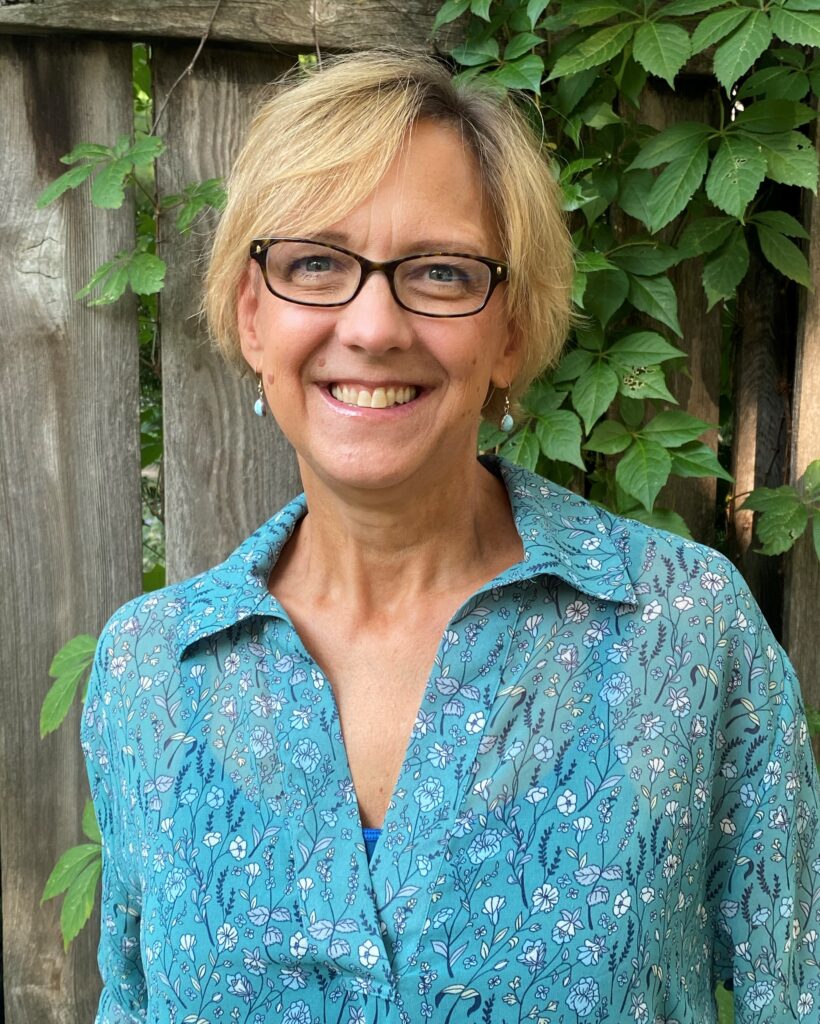The internet has a lot to say about human trafficking right now, complicating an already complex issue. Let’s dispel the myths and conspiracy theories and identify what is truly helpful in ending sexual exploitation and trafficking.
Cherish All Children, a service within Lutheran Social Services of Minnesota, has supported congregations in learning about and preventing child sexual exploitation and trafficking for over 15 years. In this time, significant progress has been made in the movement to protect children and youth, including ground-breaking bipartisan legislation. Safe Harbor laws work to support youth with trauma-informed services, including shelter, housing, advocacy, and the long-term work toward healing. These laws provide funding for statewide training of law enforcement, social service providers, regional resource navigators, and research-based prevention measures.
Aside from the perpetrators, no one wants to see children sold for sex.
We’ve learned there is a great deal we can do together to prevent this crime from occurring. We learn about the issue, and we work to create healthy support systems for young people; we educate children and youth about how to stay safe online and in person. We challenge systemic racism, sexism, heterosexism and poverty, and we use our voices for policy change. We keep at it, fostering open and honest conversations in families, churches, and communities. And we listen to the experts, organizations like Polaris, which operates the National Human Trafficking Hotline, serving victims and survivors since 2002.
Then, in a year of so much fear, pain and divisiveness, conspiracy theorists are using the power of social media to upend much of this long-term work. QAnon and Save Our Children theories include sensationalized stories of hundreds of thousands of children missing and trafficked through operations by well known political figures, celebrities and retailers. This is not how trafficking occurs. It is harmful to actual survivors and victims seeking support. And it is harmful to the many reputable organizations working to truly end the exploitation and trafficking of children and adults.
Learning from and trusting the experts—organizations like Polaris—is so important in our work to end child sexual exploitation and trafficking.
“Trafficking is rarely perpetrated by a total stranger who kidnaps children,” says Polaris Project. “What we frequently see through the Trafficking Hotline are stories of people being trafficked by intimate partners, family members, and others that they know and may even love and trust.”
This crime occurs through a process of grooming children (and adults), relying on vulnerabilities to exploit and manipulate someone into a false relationship, or to fulfill basic needs a person is going without. So, our work to support healthy relationships and empower youth with the skills and support structures to stay safe is what’s needed in our homes, churches and communities. Now we add dispelling the conspiracy theories to our work, to clear the way for the real work to continue. By engaging in these conversations in our churches, and in this long-term work for justice, we can make changes in society that can transform the culture.
Some have asked, “Isn’t this raising awareness of the issue, so that’s a good thing overall?” The short answer is “No” and here are the primary reasons:
- Survivors are re-traumatized for the purposes of sensationalism, political divisiveness, and advertising dollars. Christy Croft, a sex trafficking survivor and activist states, “As a survivor, when I see it [QAnon theories], I feel exploited again. I feel like my trauma and the trauma of people like me is being exploited for purposes other than ending trafficking.”
- Conspiracy theories shared via social media have a worldwide reach, harming decades of work that has been done to center actual survivors’ experiences and how we actually combat this crime.
- Critical resources—from law enforcement following baseless claims to the National Human Trafficking hotline inundated with conspiracy calls —are taken away from the real victims seeking support and the real work to end trafficking.
- And finally, this refuels the “saving” and “rescuing” mentality that centers the “rescuer” rather than empowering and supporting children and youth that are impacted.
Let’s work together with thoughtful, committed steps to change the conditions that lead to exploitation and trafficking. Be very cautious when reading and forwarding online messaging, making sure our sources on such critical issues are reputable and working in the true best interest of children and youth. To combat online conspiracy theories, organizations and individuals are being directed to post using #TraffickingTruths and go to these threads for real information based on research and real survivor stories.
Our faith communities can be places where young people feel safe, valued, and loved for all of who they are. We can be the bridge to connect youth with safe, healthy adults. We can take the bold step to engage in keeping children safe from exploitation. To learn more about raising healthy generations, free from all forms of sexual exploitation, please reach out to Cherish All Children.

